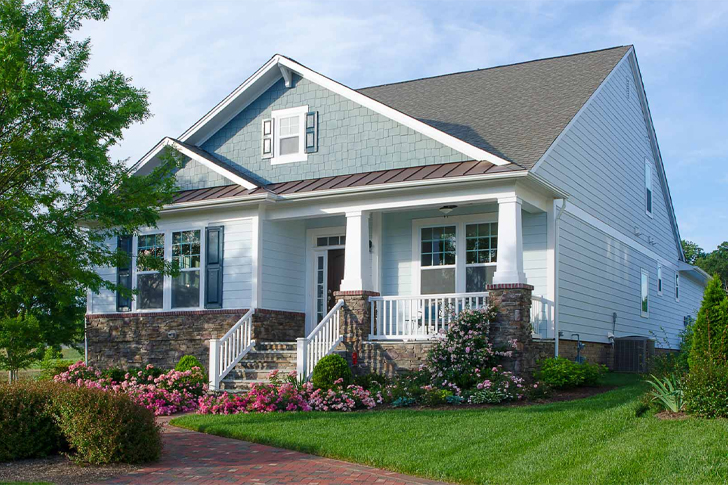Budget-Friendly Housing Options for Low-Income Seniors
Securing economical housing is a critical concern for low-income seniors who often face the challenge of managing limited budgets. As the population ages, the demand for accessible and economically feasible housing options for seniors has increased. This guide will provide valuable insights into finding housing solutions that cater to the financial constraints and specific needs of older adults.

Understanding the Landscape of Senior Housing
Housing for seniors typically includes several options such as independent living, assisted living, and nursing homes. Each option varies in cost, the level of care provided, and the lifestyle offered. For low-income seniors, independent living is often the most economically feasible choice, as it provides living quarters that require minimal assistance with daily activities.
Key Strategies for Finding Economical Housing
- Government Programs: Many governments offer housing programs that are specifically designed for seniors. In the United States, the Department of Housing and Urban Development (HUD) provides programs such as the Housing Choice Voucher Program (Section 8), which allows seniors to rent housing in the private market at reduced rates. Additionally, the HUD 202 program offers housing specifically for low-income seniors.
- Non-Profit Organizations: Numerous non-profit organizations work to provide affordable housing options for seniors. These organizations often have programs that include rental assistance, low-cost housing developments, and resources for securing housing.
- Cooperative Housing: Senior housing cooperatives are a cost-effective option where residents have a collective ownership of the property. This model reduces individual costs and fosters a community environment which is beneficial for seniors.
- State and Local Resources: Many states and municipalities have their own programs designed to assist seniors in finding economical housing. These programs can often be more tailored to the specific needs and economic situations in that region.
- Tax Credits and Incentives: Seniors may qualify for various tax credits and incentives that can help reduce the cost of housing. These financial benefits can significantly lower the amount of income allocated towards rent or property ownership.
- Shared Housing: Sharing a home with peers is another viable option for reducing housing costs. This arrangement can help split rent, utilities, and maintenance expenses, making it a cost-effective solution.
Considerations When Choosing Housing
- Location: Proximity to healthcare facilities, public transportation, and social services is crucial for seniors.
- Accessibility: Homes with no stairs, walk-in showers, and other accessibility features are necessary for seniors with mobility issues.
- Community Services: Many senior housing communities offer services like group meals, transportation, and social activities, which can enhance quality of life.
The Benefits of Secure Housing for Seniors
Secure and stable housing can significantly impact the physical and emotional well-being of seniors. It provides a safe environment, reduces stress related to financial burdens, and increases opportunities for community engagement and social interaction.
Conclusion
Finding economical housing for low-income seniors requires exploring various avenues, from government programs to cooperative living arrangements. By understanding the options available and utilizing resources effectively, seniors can secure housing that meets their needs without compromising their financial stability.







Recent Comments